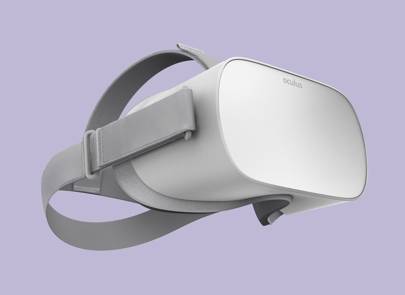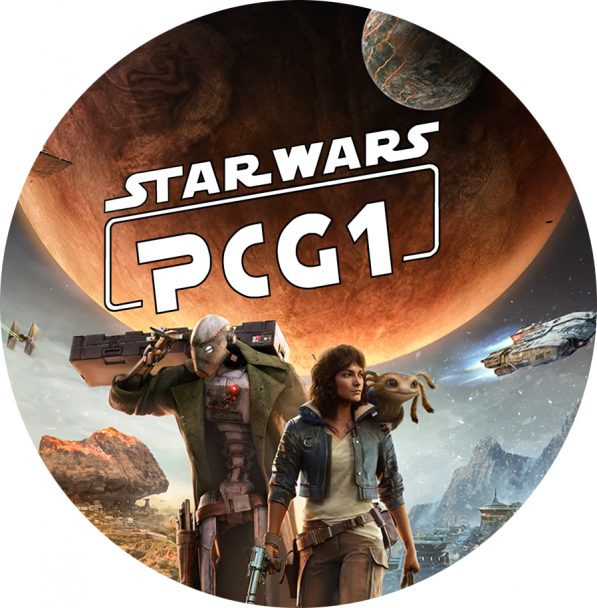
The Oculus Go is not the most aesthetically pleasing piece of kit; universally shades of grey are broken by only the occasional glossy surface to give it some sheen
Oculus
Since virtual reality headsets hit the market three years ago, uptake and the promised VR revolution have been underwhelming. Few households have embraced the technology and only the porn and the gaming industries are regularly producing content. That’s mostly bad news for VR believers. But there is good news.
This year’s Venice Film Festival suggests we’re looking at VR the wrong way – its future may be in theatres and art galleries.
“You can’t break even with platform distribution at the moment,” says Antoine Cardone, chief of innovation at DV, a digital and VR innovation studio based in Paris. “For now, it’s location-based that’s making the money.” According to Cardone, the industry is pivoting to location-based installations and multi-sensory experiences. The immediate future of VR, he believes, lies in new approaches to and hybrids of traditional entertainment like theatre, cinema and installations.
Cardone and his team are premiering three VR productions at Venice Film Festival this year. Critics have particularly praised “The Horrifically Real Virtuality” – an immersive theatre VR play, based in the world of 1950s cinema. It allows the viewer to move between the virtual and the real, interacting with characters and physical objects on three physical and five virtual sets.
DV plans to show The Horrifically Real Virtuality as a pop-up in New York for six weeks this autumn and then tour film festivals. “The goal was to create a piece that lets us scale up, and, within a reasonable amount of time reach a break-even point through ticket sales,” Cardone says. Running costs are high – four actors perform for six audience members each show so ticket prices are high. Cardone plans several projects for 2019 where the number of paying audience members will be significantly increased.
Venice is the world’s oldest film festival – it’s Golden Lion Award has boosted the international careers of directors like Akira Kurosawa, Wim Wenders, Jean-Luc Goddard, Ang Lee, Darren Aronofsky, Sofia Coppola and Guillermo del Toro. It’s also the first festival to include VR and this year has set aside an island in the city’s lagoon to host 40 virtual reality piece – many being location-based installations.
“Eclipse”, from Paris based BackLight studio, for instance, is a four player 40 minute immersive sci-fi film. “Home After War”, meanwhile, is a documentary following an Iraqi family’s return to Fallujah that includes sensory effects including touch and smell to recreate the explosion of an IED.
Will VR become a purely location-based medium? Liz Rosenthal, co-curator of Venice VR argues not. “It’s a trend at the moment, but people see it as a transition until the market is ready to buy content,” she believes – eventually online distribution will catch up. Until then, if you want to experience the best virtual worlds, you’ll need to go out in the real one.

